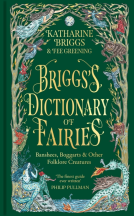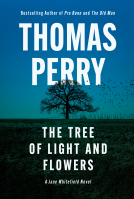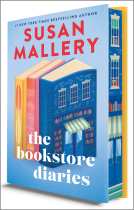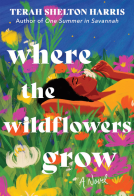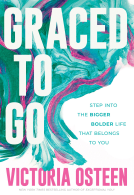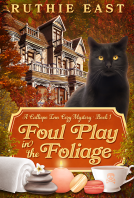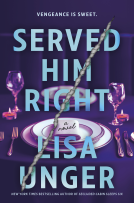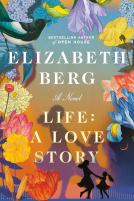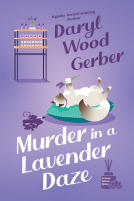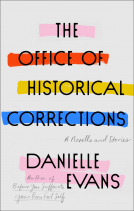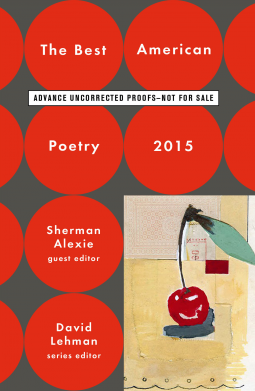
The Best American Poetry 2015
by David Lehman; Sherman Alexie
This title was previously available on NetGalley and is now archived.
Send NetGalley books directly to your Kindle or Kindle app
1
To read on a Kindle or Kindle app, please add kindle@netgalley.com as an approved email address to receive files in your Amazon account. Click here for step-by-step instructions.
2
Also find your Kindle email address within your Amazon account, and enter it here.
Pub Date Sep 08 2015 | Archive Date Sep 08 2015
Description
Since its debut in 1988, The Best American Poetry has become a mainstay for the direction and spirit of American poetry. Each volume in the series presents the year’s most extraordinary new poems and writers. Guest editor Sherman Alexie’s picks for The Best American Poetry 2015 highlight the depth and breadth of the American experience. Culled from electronic and print journals, the poems showcase some of our leading luminaries—Amy Gerstler, Terrance Hayes, Ron Padgett, Jane Hirshfield—and introduce a number of outstanding younger poets taking their place in the limelight.
A leading figure since his breakout poetry collection The Business of Fancydancing in 1992, Sherman Alexie won the National Book Award for his novel The Absolutely True Diary of a Part-Time Indian. He describes himself as “lucky enough to be a full-time writer” and has written short stories, novels, screenplays, and essays—but he is at his core a poet. As always, series editor David Lehman’s foreword assessing the state of the art kicks off the book, followed by an introductory essay in which Alexie discusses his selections. The Best American Poetry 2015 is a guide to who’s who and what’s happening in American poetry today.
Available Editions
| EDITION | Other Format |
| ISBN | 9781476708195 |
| PRICE | $35.00 (USD) |
Average rating from 39 members
Featured Reviews
 James K, Librarian
James K, Librarian
Edited by Sherman Alexie, whose introduction is fantastic, this collection gathers many of the years best poems from electronic and print journals. As with any anthology, it is a mixed bag. While many of the poems are excellent, a few felt like ironic wordplay with little emotional connection. The best poems focus on race, particularly strong are poems by Terence Hayes and Claudia Rankine. A must-read for people interested in contemporary poetry.
 Cara B, Reviewer
Cara B, Reviewer
Though this collection reminded me of how much I prefer short and superficially simple poems over long and intentionally obscure ones, it was a delight to read. From pondering about the life cycle of a wedding dress to reading for the first time a poem about the end of the digestive process that wasn't crass and annoying, this book pushed me to think about things usually taken for granted or ignored. And that,I think, is exactly what a great set of poems should do.
 Bill C, Reviewer
Bill C, Reviewer
Whether it be short stories or poetry, I always pick up a collection assuming I won’t like the whole thing. With short stories, I’m generally pretty happy if I like more than half and thrilled if it’s over three-quarters. With poetry anthologies, especially those by multiple authors, it’s a bit of a different story. Give me a handful of poems that strike me on the spot, or that linger in the mind long after (sometimes they’re the same and sometimes not), or even some lines that wow me, and I’m good. Because one good poem, or three powerful lines can make up for a whole lot of “meh.” If you can’t find underlines or margin notes (or in the case of my Kindle, highlights and bookmarks) in my poetry book, I didn’t much care for it. So how does Best American Poetry 2015 fare on this scale? Pretty good, even if to be honest there were a lot of poems that just didn’t do it for me. But as poetry is so incredibly subjective, and as a reader isn’t investing in a 900-page novel, I’m going to focus less on what I didn’t care for and more on what I did (if I refer to great lines but don’t offer them up, it’s so as not to ruin the effect of their arrival in the poem for the reader).
Jame’s Galvin’s “On the Sadness of Wedding Dresses” is a plainspoken piece that begins with a striking conception: On starless, windless nights like this I imagine I can hear the wedding dresses Weeping in their closets Luminescent with hopeless longing,
Like hollow angels.
and then moves on to some surprisingly evocative imagery as the dresses turn yellow over time,
Yellow from praying For the moths to come And carry them into the sky.
The sky reappears at the close in a much more starkly concrete image, but one probably unexpected by the readers.
Madelyn Garner imagines the inner thoughts of a next-door neighbor who comes outside,
In her florid pink nightgown,
Exposed breasts like pendulums
As she kneels in the gravel Speaking to an empty planter. As the two of us Wait in the kitchen
For her children, it is clear Her thoughts float From the back of the skull to the front . . .
How resigned she seems To the eviction notices her body is receiving.
Along with her neighbor’s thought, the speaker thinks as well of the neighbor’s family, their conversation about selling the house Because she is a system of bone and blood Because her hands are rusted hinges
Because wisps of spiderwebs float behind eyelids
The brief stanzas, the sound quality, the use of repetition all build to a thoughtful, powerful impact, especially in the closing lines.
“Goodness in Mississippi,” by Lawanda Walters, is another poem that ends with a killer close. The piece opens with a great sense of voice:
My friend said I wasn’t fat but she was, and we would go on that way, back and forth. She was my first real
Friend, the kind who changes everything. Her mother was so cool,
Didn’t shave down there for the country club Pool where we Sat beside her. I saw a gleam of her secret, silver Hair
The conversation tone, the sense of confidence lulls the reader into a kind of peacefulness, one shattered by a brutal ending.
An excerpt from Claudia Rankine’s Citizen, meanwhile, which may be as much essay as poem and makes highly effective use of second person should send all readers straight to her collection, if you haven’t already read it.
Laura Kasischke’s “For the Young Woman I Saw Hit by a Car While Riding Her Bike” gives us a piece whose trauma lies not with the bike rider (“I’ll tell you upfront: She was fine”) but with the witness, who after imagining the young girl laughing over the witness’ reaction, thinks:
But, ah, sweet Thing, take Pity. One
Day you too may be An accumulation Of regrets, catastrophes.
And then moves the reader into unforeseen territory, allowing us not just understanding, but that sense of pity she so gently asks of the young woman.
There are other strong poems in the collection, and even more strong lines, even if the poems they are contained in didn’t succeed as a whole for me. And yes, lots of the poems just didn’t work at all for me. Some felt more language game than poem, others were technically impressive but left me feeling cold, some I couldn’t recall for you a few minutes after reading them. But as mentioned, I expect that in a poetry anthology. The joy is that there is so much here, and the editors have spread such a wide banquet in terms of style, length, and diversity of perspective that it’s hard to imagine someone not finding several poems and even more lines that they too would highlight or read to their significant other or a friend, even if they aren’t the same ones. I would have preferred to have enjoyed more of the poems as a whole, but I can live happily with what I loved.
Readers who liked this book also liked:
Marie Bostwick
Historical Fiction, Literary Fiction, Women's Fiction
Susan Mallery
General Fiction (Adult), Romance, Women's Fiction
Terah Shelton Harris
General Fiction (Adult), Multicultural Interest, Women's Fiction
